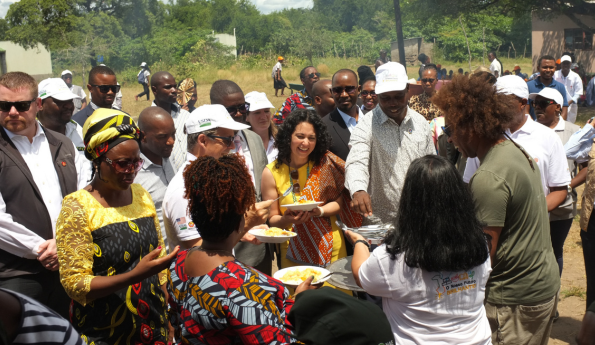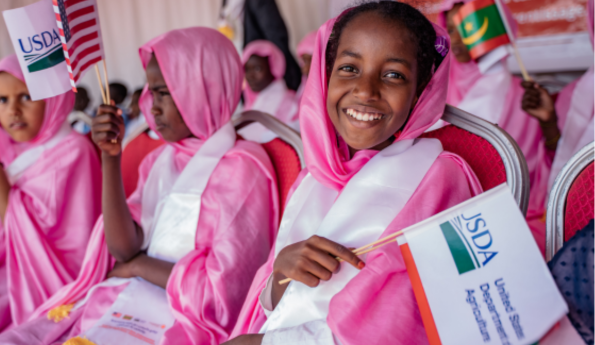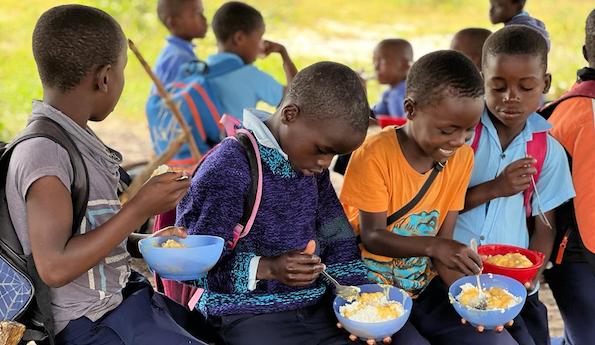Parceria Cívica para Boa Governação
Following the end of its war for independence in 1975 and a subsequent civil war that lasted from 1977 to 1992, Mozambique has made strides toward democratization, but the transition has not been without challenges and setbacks. Power struggles between the ruling party and the opposition party continue to send tensions throughout the post-civil war political landscape and society.
Despite having one of the fastest growing economies in Africa, Mozambique remains one of the world’s poorest countries. Ranking 180 out of 187 countries on the UNDP’s Human Development Index, more than half of its population lives below the poverty line, and the gender gap is evident, with women and girls facing widespread gender-based violence and cultural, structural, and educational barriers. The government faces the challenge of improving the economy and preventing violence, while also addressing the needs for social services and demands for economic opportunities, particularly for disenfranchised populations, including women and girls, youth, and people with disabilities.
Parceria Cívica para Boa Governação (PCBG) supported civic activism by collaborating with national partners to identify priority development issues, build trust with the government, and foster a more open environment for partnership and civic engagement across sectors.
The PCBG program partnered with civil society leaders to improve accountability and promote government responsiveness to community needs in the target sectors of environmental resource management, climate change, education, health, and the management of natural resources such as coal and natural gas.
Improving the advocacy and organizational capacities of motivated, committed Mozambican partners lead to an environment where civil society organizations can implement more effective advocacy strategies to contribute to government policies, procedures, services and enforcement. This contributed to the long term strengthening of accountable, effective democratic governance in Mozambique among the target sectors.
Counterpart International’s impact through the PCBG program includes:
- Enhanced the capacity of eight civil society organizations—working in education, extractive industries, health, good governance, and biodiversity conservation—to advocate for their sector-specific advocacy needs
- Through a civil society partner, provided input into two legislative processes–an extractive industries regulation and biodiversity conservation act—which will improve livelihoods and local environment
- Contributed to a fair and transparent election process during the two rounds of the Nampula mayoral by-election in January and March 2018 through training 42 local election monitors, conducting conflict resolution responses, and electoral irregularities prevention efforts






